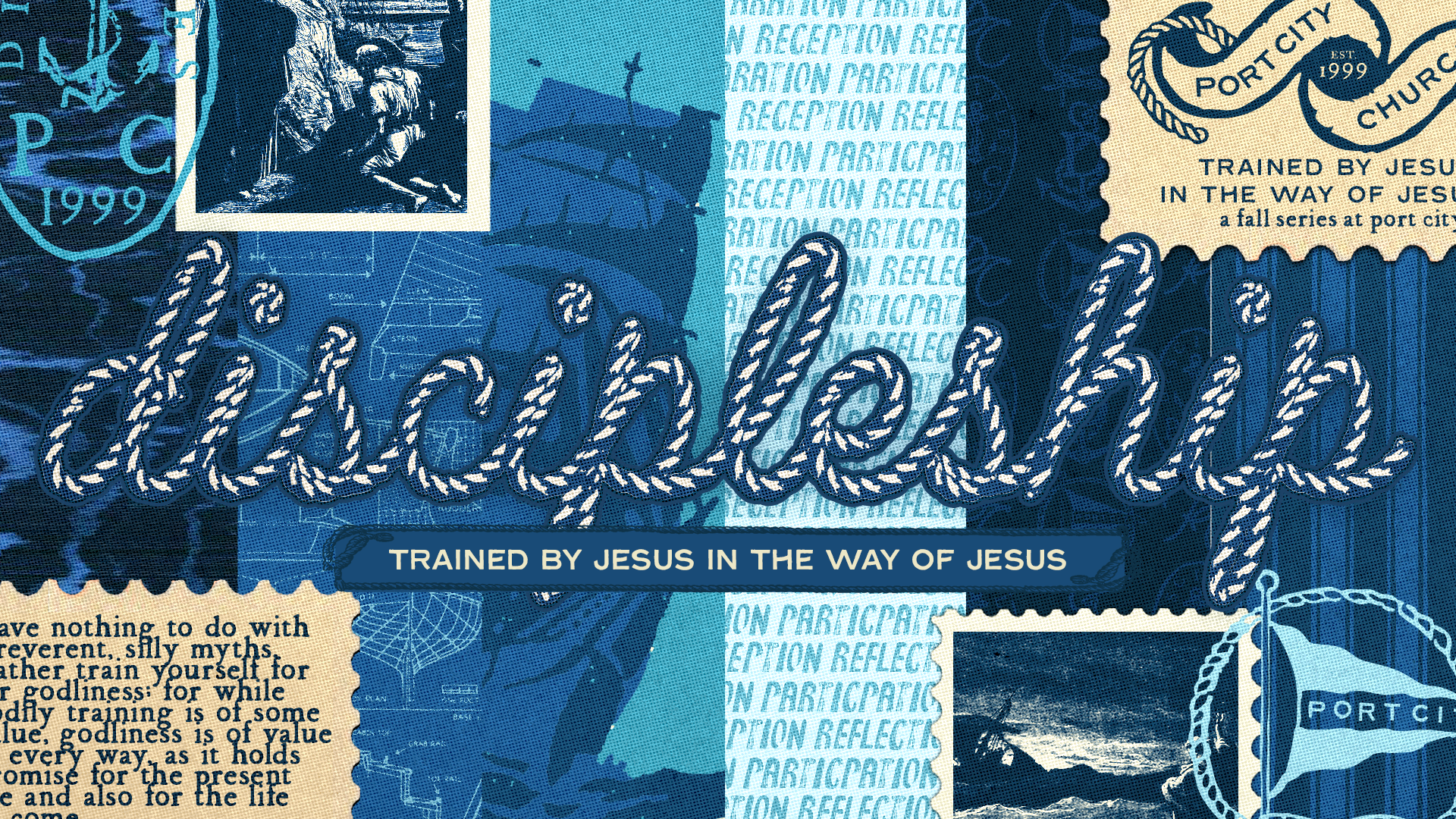Trusted Others
READ
Have you ever tried to move a heavy piece of furniture by yourself? What seemed impossible alone becomes manageable with just one other person helping. Solomon understood this principle when he wrote about the power of partnership in Ecclesiastes 4. But he wasn't just talking about moving couches—he was revealing a fundamental truth about how God designed us to grow and thrive.
Let’s take a moment to read Ecclesiastes 4:9-12:
"Two are better than one, because they have a good return for their labor: If either of them falls, one will lift up the other. But pity anyone who falls and has no one to help them up. Also, if two lie down together, they will keep warm. But how can one keep warm alone? Though one may be overpowered, two can defend themselves. A cord of three strands is not quickly broken."
REFLECT
In our individualistic culture, we often approach discipleship like a solo sport. We read our Bibles alone, pray alone, and try to figure out this Christian life alone. But God never intended for us to walk this journey in isolation. The very nature of discipleship—being trained by Christ—involves community. Jesus didn't just call individuals; He called a group of twelve, and they learned together, stumbled together, and grew together.
Think about the disciples' experience. When Peter walked on water, the other disciples witnessed both his bold faith and his moment of doubt. When Thomas struggled with belief, he didn't have to wrestle alone—his community was there to support him through his questions. When they were confused by Jesus' teachings, they could turn to each other and say, "Did you understand that either?"
The "trusted others" in our discipleship journey aren't just nice-to-have additions—they're essential. When we fall into sin, we need someone to help us back up. When we grow cold in our faith, we need the warmth of fellowship to rekindle our passion. When we face spiritual battles, we need allies standing beside us. The three-strand cord Solomon mentions represents this beautiful picture: you, another believer, and God woven together in unbreakable unity.
But here's what's beautiful about discipleship community—it's not just about what we receive, but what we give. While you're being helped up from your stumbles, you're also extending a hand to lift others. While you're being warmed by fellowship, you're also providing warmth to someone else who's grown cold. This reciprocal nature of discipleship community creates a beautiful cycle of grace.
Consider the difference between a single tree and a forest. A lone tree, no matter how strong, is vulnerable to wind, fire, and disease. But in a forest, trees share resources through their root systems, protect each other from harsh weather, and create an ecosystem where all can flourish. This is what discipleship community looks like—believers intertwined, sharing spiritual resources, protecting one another, and creating an environment where everyone can grow.
Who are your trusted others? These might be people in a small group, a mentor who speaks wisdom into your life, or friends who know your struggles and still love you. They're the ones who celebrate your victories, mourn your losses, and refuse to let you stay down when you fall. They ask the hard questions, speak truth in love, and remind you of God's character when you forget.
Maybe you're thinking, "I don't have people like that in my life." That's actually a common starting point for many believers. Building authentic discipleship relationships takes time and vulnerability. It requires us to move beyond surface-level interactions and share our real struggles, questions, and hopes. It means being the kind of friend we wish we had—loyal, encouraging, and committed to growth.
The beauty of God's design is that as we learn to be trusted others for someone else, we also learn to receive help ourselves. Discipleship isn't a program or a curriculum—it's a way of life that happens best in the context of authentic relationships where we're all being transformed together by Christ's love and grace.
RESPOND
Take a moment to process what God might be leading you to do in light of what you read.
Who are the "trusted others" currently in your life that help you grow spiritually? How can you better invest in these relationships?
In what ways might God be calling you to be a "trusted other" for someone else in their discipleship journey?
REST
Take a moment to rest in God’s presence and consider one thing you can take away from your time reading, then close your devotional experience by praying:
Lord, thank You for designing us for community and relationship. Help us to both seek out and become the kind of trusted friends who lift each other up in our journey of following You. Give us courage to be vulnerable and wisdom to be trustworthy. May our relationships be a beautiful reflection of Your love. Amen.

